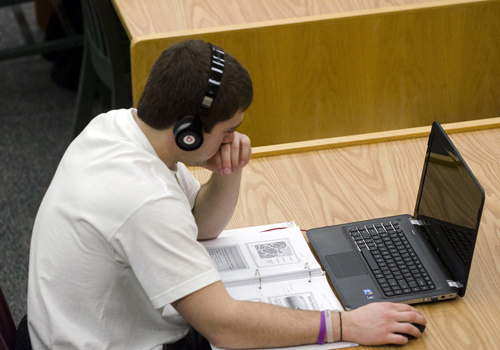Information Security
Protecting University Data
Nazareth University keeps important personal information about students, applicants, employees, alumni and others connected to the University. Next to people, information is our most important asset and is critical to many of our operations. Because of this, it is very important to protect information in whatever form it is held.
All Nazareth University students, faculty, and staff (including contractors and vendors with access to Nazareth University systems) are responsible to ensure that data, whether held electronically or manually, is kept securely.
How to Keep Data Safe
You are responsible for protecting data that is stored on computers that you use (including desktops, laptops and mobile devices) against unauthorized access and inappropriate use. Follow these important standards:
- Only access that information which you have the right to use in the course of your duties. Your ability to access other information does not imply any right to view, change, or share information.
- Do not share data with anyone outside the University without proper approval.
- Do not provide access to data through unauthorized methods. See “Protecting Your Password.”
- Adhere to procedures and business rules that govern data usage. See "Nazareth’s Data Integrity Standards and the Procedures" established for your administrative functional area.
- Make regular backups of your files.
- Always password-protect your laptop, iPad, cell phone and other mobile devices.
- Know what data is Confidential and how you must secure it. See “Protecting Confidential Information”
